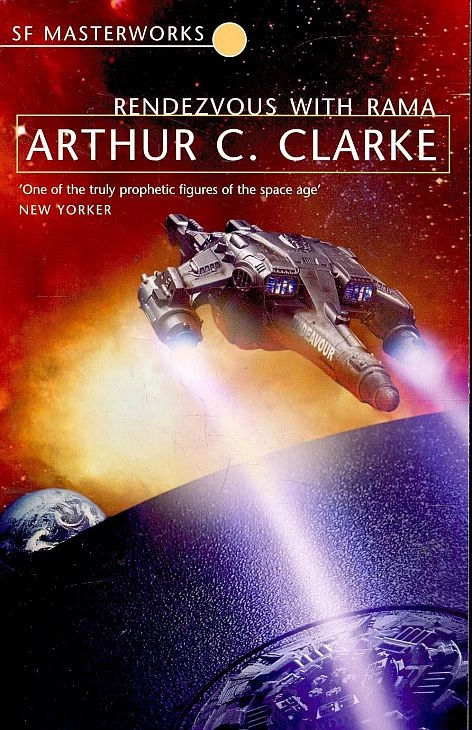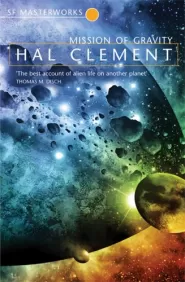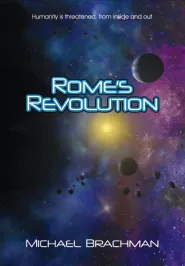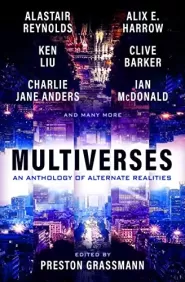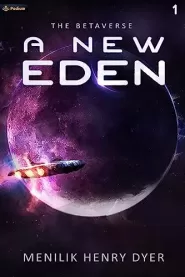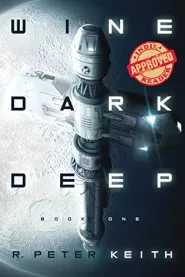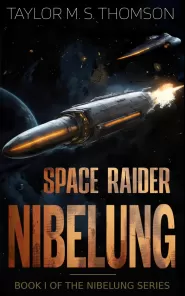Hard Science Fiction
Hard science fiction is a subgenre of science fiction that emphasizes scientific accuracy and technical detail. It typically features stories that are grounded in real-world science, with an emphasis on scientific concepts, theories, and technologies. Hard science fiction often explores the implications of scientific advances and is known for its attention to detail and plausibility.
The stories in this genre often feature complex scientific and technical themes, such as quantum mechanics, space travel, artificial intelligence, and genetics. The authors of hard science fiction strive to create stories that are both engaging and informative, often educating readers on scientific concepts and theories as they tell their stories.
One of the hallmarks of hard science fiction is its adherence to scientific principles, often at the expense of storytelling elements like character development or plot. However, some authors have managed to incorporate both scientific rigor and compelling storytelling, creating works that are both informative and entertaining.
Some well-known examples of hard science fiction include Isaac Asimov's Foundation series, Arthur C. Clarke's 2001: A Space Odyssey, and Kim Stanley Robinson's Mars Trilogy.
